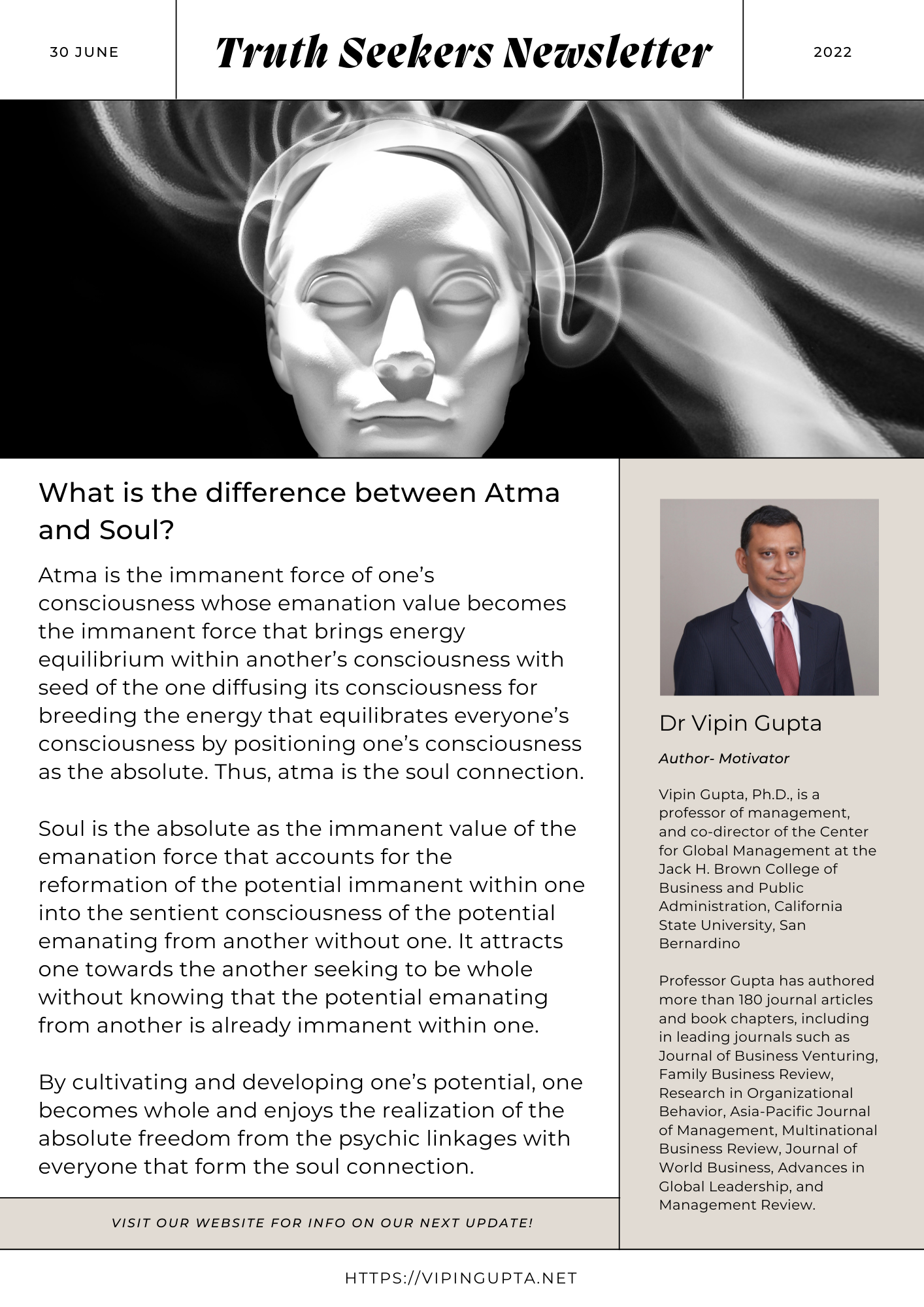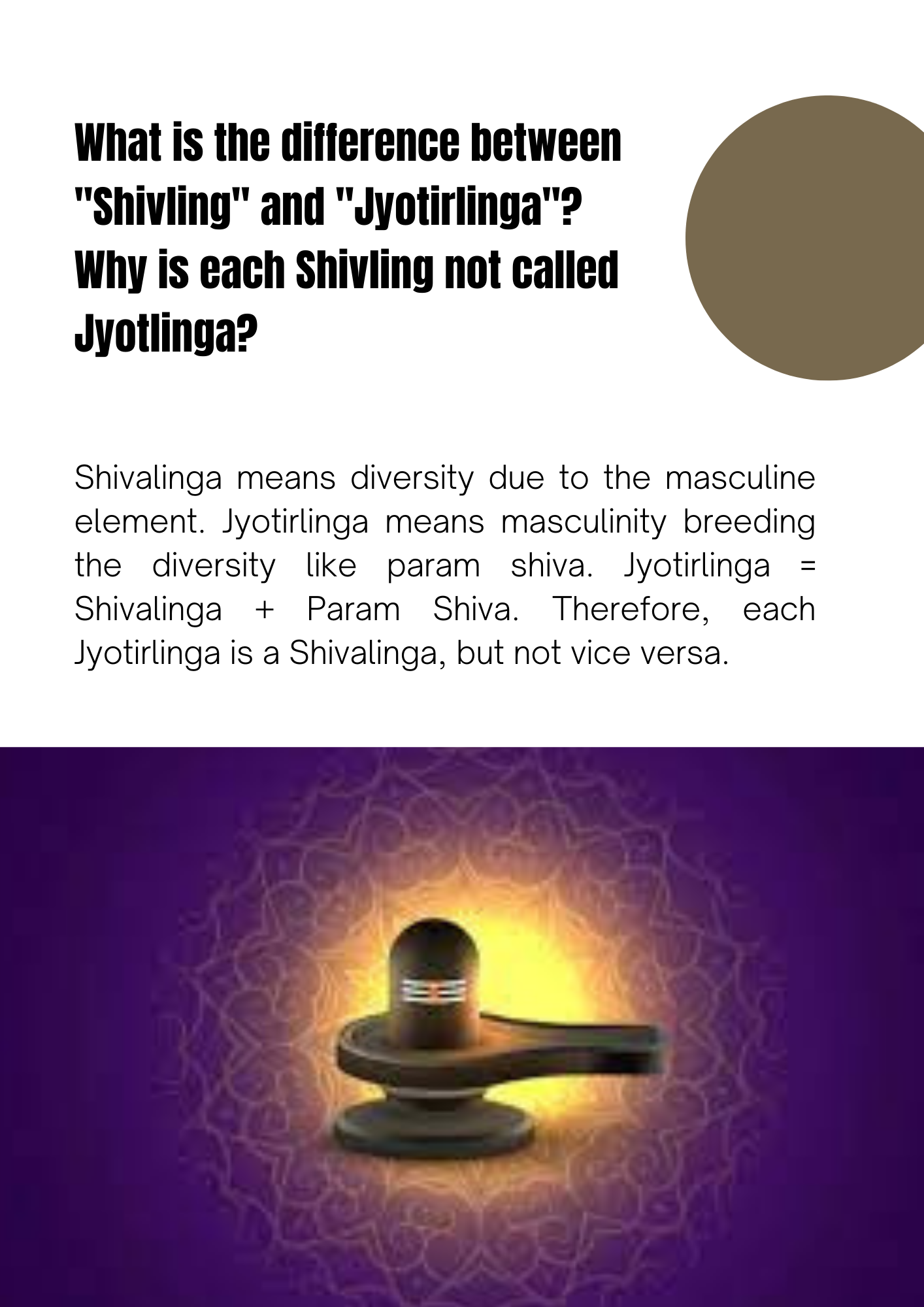Nirvana means temporary joy through the freedom from the future-effect
that makes one become someone one is not. It detaches one from the
force of becoming by shaping one’s becoming into one that you are now.
It attaches one to the universe as it is now and lets one multiply the
present to be omnipresent within the varying forms of the present. One
becomes omnipresent by reproducing the consciousness of the present
and binding everyone within that consciousness. Unlike Buddhism, in
Hinduism, the goal is not nirvana, but moksha. Moksha means absolute
joy through the freedom from the present-effect that limits one to that one
is now. It detaches one from the universe as it is now and makes one
Share This Story, Choose Your Platform!
(Siddhas) in India are ones who have transcended the phenomenological
goal of moksha and are devoted to the goal of transcending themselves
by realizing that they are more than who they have become and who they
are. Each entity is a sameness of the Almighty Creator and by being a
goalkeeper (Shiva), a sentient entity develops omniscience by
internalizing the goal and lives like an Almighty Creator of the universe
after making the goalkeeper whole with the goal.







 Dr. Gupta traces the journey of a cell, its origins in an atom, its transformation into energy, and how energy norms the potential of divinity within each person.
Dr. Gupta traces the journey of a cell, its origins in an atom, its transformation into energy, and how energy norms the potential of divinity within each person.